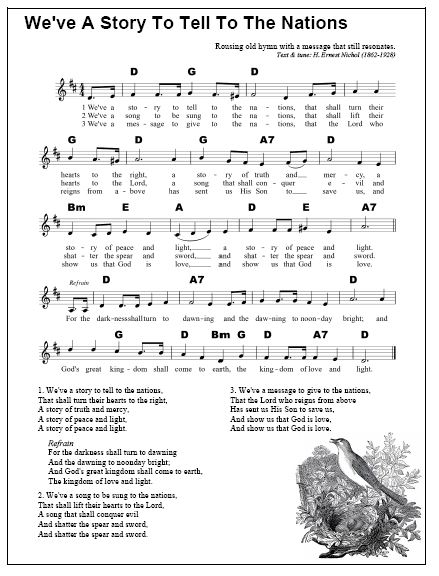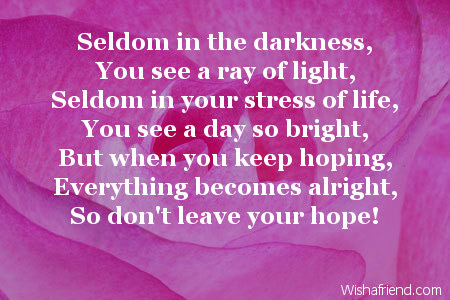
He's going to wake up in paradise, and this guy's going to be next to him. And he knows what's going to happen to him after it happens. And Jesus replies: Truly I tell you, today you will be with me in paradise.Īnd so Jesus knows fully well what's happening to him and why it's happening to him. And he turns his head to Jesus and he says Lord, remember me when you come into your kingdom. One of the others mocks Jesus, and the second person tells the first to be quiet because Jesus hasn't done anything to deserve this. While he's hanging on the cross, he actually has an intelligent conversation with one of the other people being crucified. When they nail him to the cross, he prays for those who are doing this: Father, forgive them, for they don't know what they're doing. Jesus isn't silent in Luke while being crucified. And at the end, his only words are his cry of dereliction, as it's called: My God, my God, why have you forsaken me? And then he cries out and dies, and that's it.Īnd so it's a story that's filled with pathos and emotion, and Jesus is clearly in great agony going to his death, whereas in Luke, you have a very different portrayal.

In Mark's Gospel, he's mocked by both robbers who are being crucified with him. He's mocked by everybody - by the Roman soldiers, by people passing by. But when you read Mark's account very carefully, Jesus seems to be in shock. People don't realize that these are very different portrayals. Can you talk about those two different points of view of what happens to Jesus as he's dying on the cross? In Mark, Jesus dies in agony, unsure of the reason he must die, and he asks God: Why have you forsaken me? Whereas in Luke, he prays: Father, forgive them for they don't know what they're doing. GROSS: Let's look at one of the most significant moments in the story of Jesus, and that is Jesus's death on the cross. And so recognizing that there are these discrepancies is a -kind of a key to the interpretation of these books because it shows that they each have a different message, and that you can't smash the four Gospels into one big Gospel and think that you get the true understanding. When Matthew was writing, he didn't intend for somebody to read some other Gospel and interpret his Gospel in light of what some other author said. But when you do that, you, in fact, rob each of these authors of their own integrity as an author. What people tend to do is - allied the various teachings of, say, Matthew, Mark, Luke and John so that if Matthew portrays Jesus in one way and Mark portrays him in a different way, what people do is they conflate the two accounts so that Jesus says and does everything that he says in Matthew and in Mark.

Professor BART EHRMAN (Religious Studies, University of North Carolina Author, "Jesus, Interrupted"): I think it's important to know that each of these authors of the New Testament had a different message. Why is it important to consider these discrepancies? In your book "Jesus, Interrupted," you compare the Gospels, and discrepancies from one Gospel to another, in everything from factoids to what Jesus said before he died. He now describes himself as an agnostic.īart Ehrman, welcome back to FRESH AIR.

He analyzed the contradictions among the Gospels, and lost faith in the Bible as the literal word of God.

But later, when he was a student at Princeton Theological Seminary, he started reading the Bible with a more historical approach. He is the author of many books about Bible history, including the best-seller "Misquoting Jesus."Īs a young man studying at the Moody Bible Institute, he was an evangelical Christian who believed the Bible was the inerrant word of God. Those differences - and what they tell us about Christianity as well as the authors of the Gospels - is the subject of Ehrman's book, "Jesus, Interrupted," which is now available in paperback.Įhrman is a distinguished professor of religious studies at the University of North Carolina, Chapel Hill. Bible scholar Bart Ehrman says there are irreconcilable differences among the Gospels. What is the story of the birth of Jesus? How did Judas die? What did Jesus say when he was crucified? It depends on which Gospel you read. I'm David Bianculli of, sitting in for Terry Gross.


 0 kommentar(er)
0 kommentar(er)
